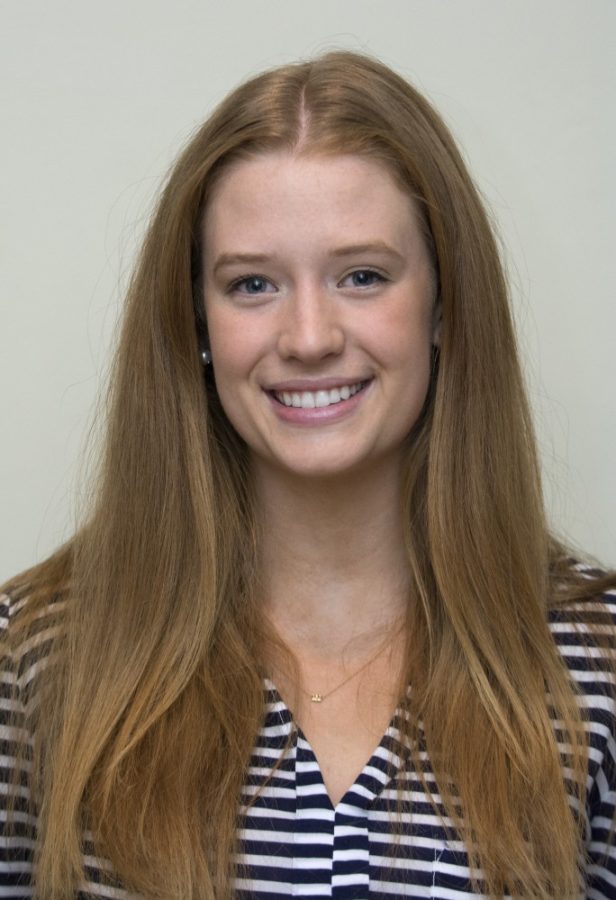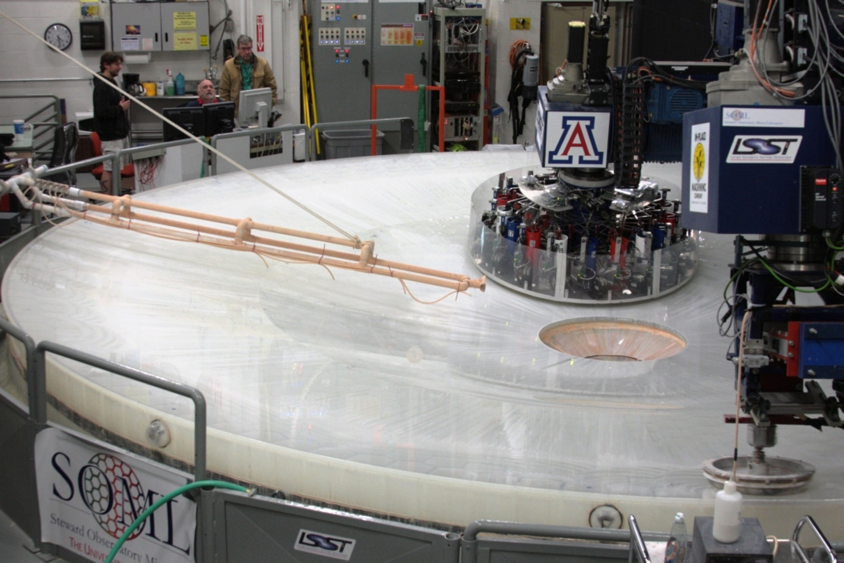A team of UA researchers recently completed a NCAA-funded sleep study which focused on sleep management in student athletes.
Amy Athey, UA director of clinical and sport psychology, and Michael Grandner, assistant professor of psychiatry, medicine and psychology and director of the Sleep and Health Research Program at the UA College of Medicine, focused specifically on analyzing the sleep patterns of UA athletes and implementing a multi-faceted plan to improve sleep quality.
“We wanted to come up with a relatively simple approach to improving sleep health in student athletes,” Grandner said.
For student athletes, getting a good night’s rest is twice as difficult because they have to factor in early morning practices, competitions and long road trips. According to Grandner, this makes them a target for insomnia, restless sleep, depression and anxiety.
“Athletes are a very unique population simply because they have a specific schedule, so something we found is that because of their schedules, they are a population that has a propensity to be sleep deprived,” said Christine Hall, student coordinator on the sleep project.

The link between sleep and mental well-being has become an important topic of conversation for researchers and organizations, such as the NCAA.
Prior to conducting the study, the researchers issued a survey to all the participants asking them to answer questions about how much sleep they were getting, their physical and mental well-being and levels of stress.
“Some of the key takeaways from the survey were that about two-thirds of the student athletes met criteria for being a ‘poor sleeper,’” Grandner said.
In addition to that, 87 percent of participants were getting less than eight hours of sleep, the recommended amount of sleep for student athletes. Rates of insomnia were also unusually high, with over 40 percent of students reporting significant insomnia symptoms, Grandner said.
Once it had been established that the athletes were definitely struggling with sleep, the researchers put their plan of action to the test.
“We asked the question: Is there something relatively simple we could do to help?” Grandner said.
Knowing they couldn’t change the sports schedules or amount of homework assigned to the students, the researchers provided the athletes with some tools they could use to troubleshoot their sleep problems.
“We gave them access to ask any questions they wanted, day or night, and we’d respond as quickly as we could. We also sent them daily text messages to remind them about keeping up with the program and tracked their sleep across about 10 weeks of the semester, with a sleep diary and a sleep tracker device,” Grandner said.
RELATED: Four ways for undergrads to get involved in science research
After teaching the students about healthy sleep practices, the researchers conducted an intervention, giving athletes different tools and devices to help with their sleep.
According to Hall, there was one group of athletes who received blue-blockers, which helped prevent blue light from hitting their eyes at nighttime, so they didn’t stay awake later. The researchers also gave the students something called an “up light,” which was a light that could be set to help them wake up in the morning.
The results of the study offered insight into the relationship between sleep and mental and emotional well-being.
“One of the things we found is that poor sleep quality, insomnia, fatigue and sleep duration were related to depression, anxiety, stress, overall health and well-being and also social support,” Grandner said.
Despite the fact the study wasn’t intensive and occurred over a short period of time, researchers were still able to document measured changes in the athletes’ sleep patterns. In particular, the intervention reduced insomnia and anxiety scores, as well as how long it took students to fall asleep; it also increased sleep quality scores, energy levels and the amount of sleep they got, Grandner said.
“Even though the study didn’t focus on this at all, 89 percent reported an improvement in their athletic performance after the study concluded. The areas almost everybody said they experienced improvements in were energy level and athletic performance, so that was pretty surprising,” Grandner said.
RELATED: Science around town: four Tucson events this spring
A lot of the students came out of the intervention having gained an awareness of their sleep habits, Hall said. More importantly, 100 percent of the students who participated in the program reported improved sleep.
“I was actually surprised at how strong the results were; normally if you want to intervene on sleep it can take quite a bit of work,” Grandner said. “Even just a little bit of education and support really went a long way and was much more effective in making changes than I had expected.”
Given the success of this study, both Grandner and Hall said they hope to see this program implemented on a larger scale, both among athletes and regular college students.
“Even if you’re not an athlete, sleep is something that is so important and something you should really be aware of and know that sleep absolutely affects every aspect of your life,” Hall said. “I think that would be my main take home message: Get enough sleep!”
Follow Hannah Dahl on Twitter.









